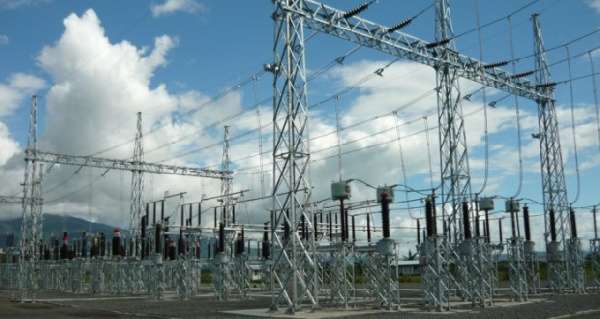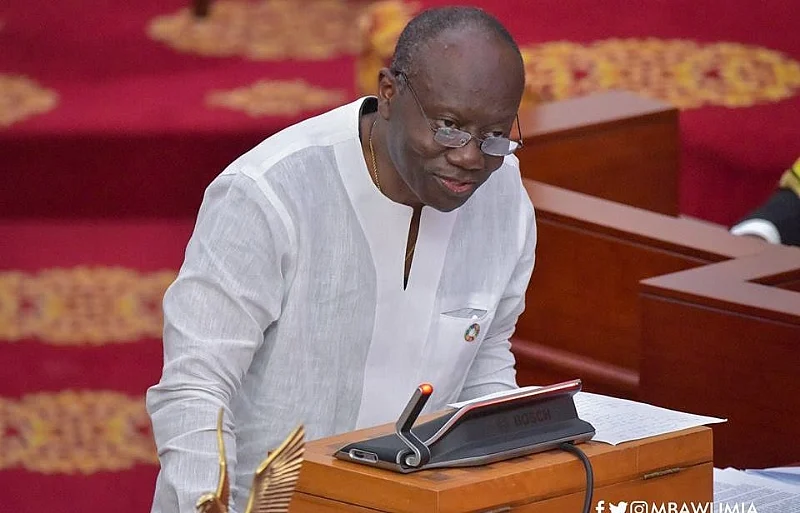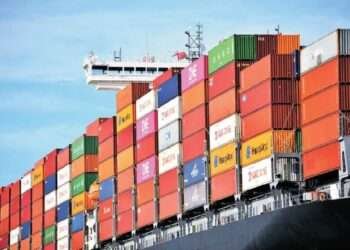In a letter signed by the Finance Minister – Mr. Ken Ofori-Atta, and addressed to Independent Power Producers (IPPs) has disclosed government’s pledge to take necessary steps to address the energy sector arrears as part of its external debt restructuring.
The letter, addressed to Independent Power Producers (IPPs) outlined a series of measures aimed at generating sufficient cash to ensure payments in line with Power Purchase Agreements (PPAs).
These measures include but are not limited to the Public Utilities and Regulatory Commission (PURCs) tariff increase in September 2022 by an average of 27%; PURC’s implementation of the Quarterly Tariff Adjustment in the last quarter of 2022, resulting in a tariff increase of 29.96% to address forex losses and inflation; the review of the Cash Waterfall Mechanism (CWM) and Power Purchase Agreement renegotiations with IPPs, with a view to restructuring PPAs and reducing power generation costs.
The move comes as part of the government’s commitment to restore the financial sustainability of the power sector value chain, and adherence to rolled out structural reforms aimed at improving efficiency within the sector and forestalling the build-up of future arrears.

Gov’t Vows To Restore Energy’s Sector Financial Sustainability
The letter noted that government’s stock of arrears and outstanding debt obligations are part of the conditionalities for an International Monetary Fund programme, adding that: “the government remains committed to ensuring that the financial sustainability of the entire power sector value chain is restored. In the meantime, the CWM under the Energy Sector Recovery (ESRP) – and this ministry – will continue to make payments to the IPPs to improve liquidity in the sector and help cover ongoing operational expenses.”
As such, the Ministry of Finance communicated government’s plans to engage with the IPPs under the ongoing debt restructuring exercise, with a view to restructuring the arrears in a manner consistent with the government debt targets of 55% NPV of debt-to-GDP and external debt service ratio of 18% to revenue by 2028, amongst others to achieve a moderate risk of debt distress under the IMF-WB (World Bank) Low Income Countries (LIC) – Debt Sustainability Analysis (DSA) framework.
Despite government’s efforts to address the energy sector arrears, the sector remains vulnerable to a range of challenges, including unpredictable fuel costs, ageing infrastructure, and weak financial viability of utilities.
Furthermore, the sector has been hit hard by the COVID-19 pandemic, which has disrupted supply chains and reduced demand for electricity.
The government’s commitment to address the energy sector arrears and improve efficiency within the sector is a positive step towards restoring the financial sustainability of the power sector value chain.
However, sustained efforts are required to ensure the long-term viability of the sector. This will require continued investments in infrastructure, as well as efforts to reduce costs and increase efficiency.
Read more: Increasing Rate of Ransomware Driving Cyber Insurance Cover- Report Indicates























